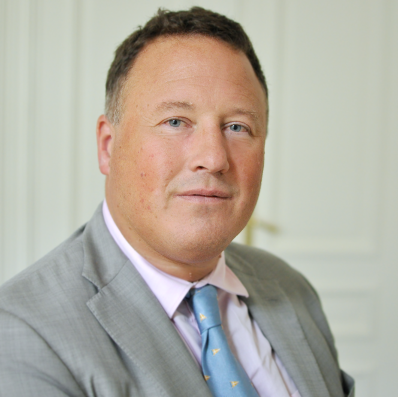European Commissioners and the Brussels press corps fly off to Sofia this week to launch Bulgaria’s Presidency of EU. The big theme of Bulgaria’s Presidency is giving new impetus to EU Enlargement in the Western Balkans (i.e. incorporating more of the former Yugoslavian states and Albania).
In the health sector, the announced highlights of the Presidency are a conference on health nutrition for children (Sofia, 6 February), a conference on providing access to effective medicinal products (Sofia, 6 March) and a debate on access to medicines at the informal meeting of Health Ministers scheduled for 23 April in Sofia (information from oral report on Bulgaria’s plans for its Presidency made at 7 December Health Council).
The Estonian EU Presidency aimed high and – in the eyes of health policy nerds such as myself – delivered a lot. A successful conference on digital health followed up by Council Conclusions. A formal ministerial level debate on EU pharmaceutical policy. And a set of Council Conclusions on cross-border aspects of alcohol policy that actually called on the Commission to start preparing new EU level legislation on alcohol labelling if industry cannot come up with a credible self-regulation scheme by March 2018. This is heady stuff in the era of the Juncker Commission, where health policy more or less dropped off the agenda as the EU struggled with various economic and political crises.
The Bulgarian Presidency signals a bit of a return towards the Juncker era norm. There will be no formal meeting of EU Health Ministers. This means no Council Conclusions, Resolutions or Recommendations, only two health related conferences. The first of these is on healthy nutrition for children, an important but hardly controversial topic. There is common agreement that children should eat up their greens and go easy on sweeties and crisps, but Bulgaria wants to add a few lines about traditional diets to this consensus.
All that said, the Bulgarian EU Presidency might still hold some interest from a health policy point of view. Bulgaria has pledged to continue the process of Member State-led discussion and dialogue on EU pharmaceutical policy, which essentially means challenging the pharmaceutical industry, and sometimes the Commission, over the cost of medicines. There will be an expert conference in Sofia on 6 March on the subject of access to medicines. This will be followed up by a discussion on the same subject at the Informal Meeting of EU Health Ministers in Sofia on 23 April. There will be no formal resolutions or conclusions from these discussions.
Beyond the beat of the political mood music, the really interesting story might be the work done in the High Level Technical Working Group on Pharmaceutical Policy that takes place in Brussels on 8 and 9 March (the information comes from the oral report by Malta made at the 7 December Health Council: the first meeting of the Group took place in Valetta, Malta during the first week of December). The Group brings together senior experts from the pharmaceutical industry and Member States’ Health Ministries to prepare roundtable meetings between their bosses: Health Ministers (or their Deputies) and pharma CEOs (or their deputies). There have been various EU level attempts to reconcile the differing agendas of the industry and Health Ministries, dating back to the G10+ Meetings and Pharmaceutical Forum of the 2000s (click here for a walk down memory lane). They didn’t really succeed in squaring the circle. However, with ever tighter health budgets in Europe, maybe this new initiative will surprise us.
